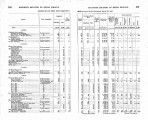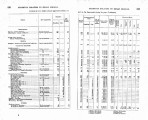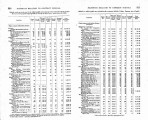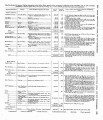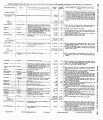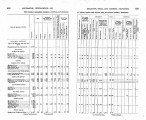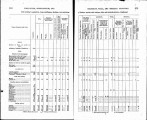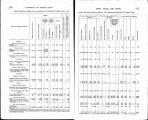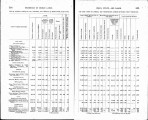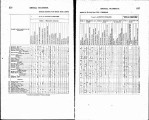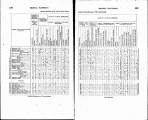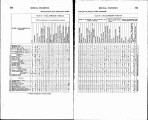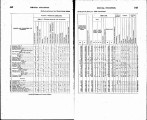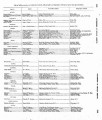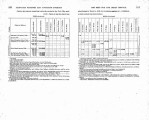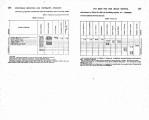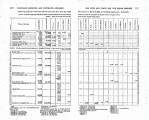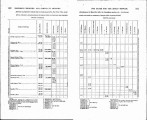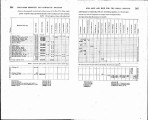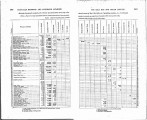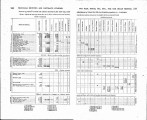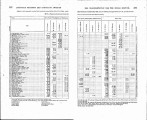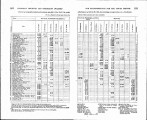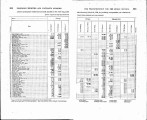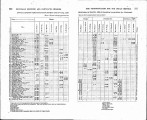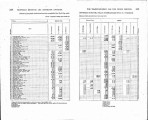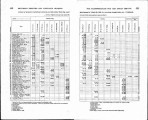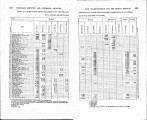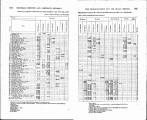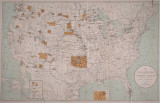| OCR Text |
Show REPORT OF THE COMMISSIONEB OF INDIAN AFFAIRS. 73. - I tbey are, end why shoold they when such quasi-legal occupancy is vastly more re-munerative than rsotual ownership( They maze annually some 30,000 head of sheep I vation has been absolutely defeated by the courae of these intruders, and I sm informed not only 'resulted in the trespassers continuing in possession, but they intkingr, opon the limits of the old reservation and commit frequent depredatidna by a s y of killing the stock belonging to the maemstion, and branding and virtually , stealing the larger per cent. of the increase from the reservation cattle. Later, in 6 report dated November 15,1887, District Attomy barey stated that he had had the several cases removed from the local courts to the United States circuit court, and said: I am fearful of the result of the oases in the circuit court, awing to the deoisidn of that court in the case of the United States us. Charles A. Eberle, which was appealed to the Suprema Court of the United States and affirmed. 8 - The case of Handy and Johnaou will not come within the rule of the decision of the Gas08 above cited, beoanse whatever rights they may have were acquired as purchasers snbseqnent to the sot of Congress passed Mnroh 3, 1873;.b ut as to the I other plainti&, I am informed that they were settlers upon and had improved publio 1 upon the reservatioa, besides several thoisend head of horses, cattle, and hog;* Their grazing land is stottked with a11 the animals it will maintain. The agenoy cattle are driven off and the agency herder forbidden to " workn his oat,tle on their (0 ranges. The Government calves are boldly stolen and branded. One man hhes brszeuly boasted to my aid-de-oamp thet he has stolen twelve calves a month from the agenof, sod this for years; md yet he is one of the smallest opera- ' tors. . " It is openly boasted thrt tbey have stolen the Uovernmdnt calves lands brought within the reservation by tho provisions of said act of Congrees prior to the passage of that act. Shouid the daoisions of the oourt be adverse to the Gov-ernmnnt in this effort of eviction, t,hare is but one clear way out of the diEculty, r+d it onght to be apeedily resorted to, and thet is to make the necessary appropria-tion, have tho improvements appraiaed And the appraised value tendered therefor, as required by tbe pro\,ieions of theact hereinbefore cited. The present condition of sffaire, and that have existed so long, is a farce, and onght nbt to he tolerated longer. Previous to the foregoing correspoode~lce relative to the ir~junction proceedings, General 0. 0. Howard had, on the 14th of September, 1887, forwarded through the War Department a report on "the extra-ordinary and disgraoef111 state of affairs at theRound Valley Reserva-tion," in which he reviewed the history oE the reservation, the legisla-tion i n regard to it, the decisions of the courts, and the rights of the parties, and said: These defendants and others, some of them withoot even the flimily pretext of sn assigned pre-emption or homestead claim, hold the wLole,or about 100,000 acres of , c graaiug land. Certainly the wort did not so intend, neither did the Supreme Court mean to aid and abet this iniquity. Feeble efforts have been made from time to time to restriat and expel thesn trespassers, but they have slwsys reaulted i n a complete failure, and why P One of the chief claimants, himself not an original ~ettler, but one by purehasa (his interest waa acquired by inheritance), is an ex-member of Con-gress, and nealthy, and he has to aid him shrewder coun~etlh an the frieoda of the , Indians have had. Except three persons, none of the oooupants aotually reside upon the reservatiou. Most of the intruders have growo rioh, arrogant, andinaolent in their high-handed eneroeohments upon the lend aet apart for the exclusive use and benefit of the In-dians. Congressional legisltltion looking towards a settlement has been defeated in committee. They want no settlement so lone as t h e can have matters remain as i |









































































































































